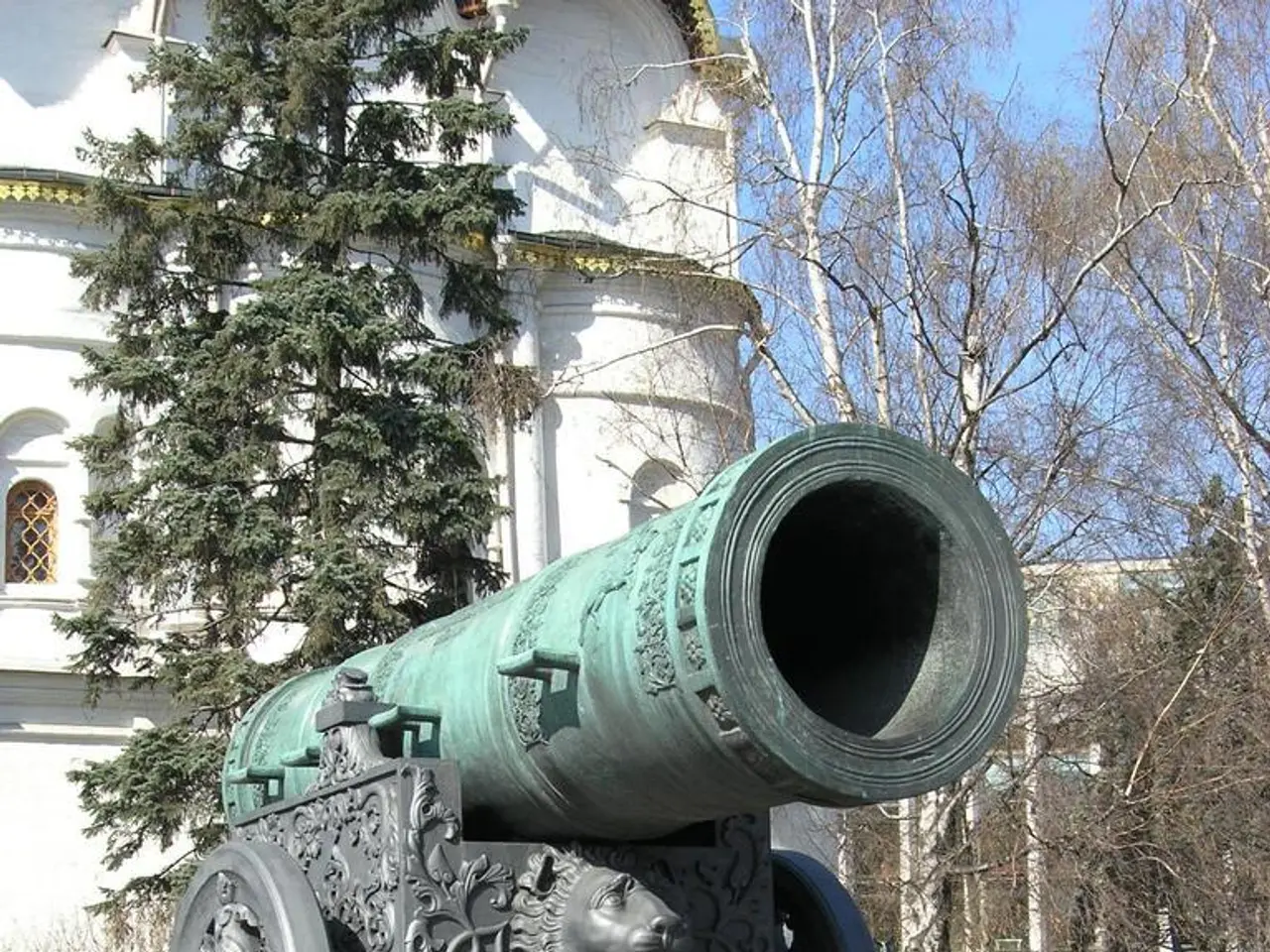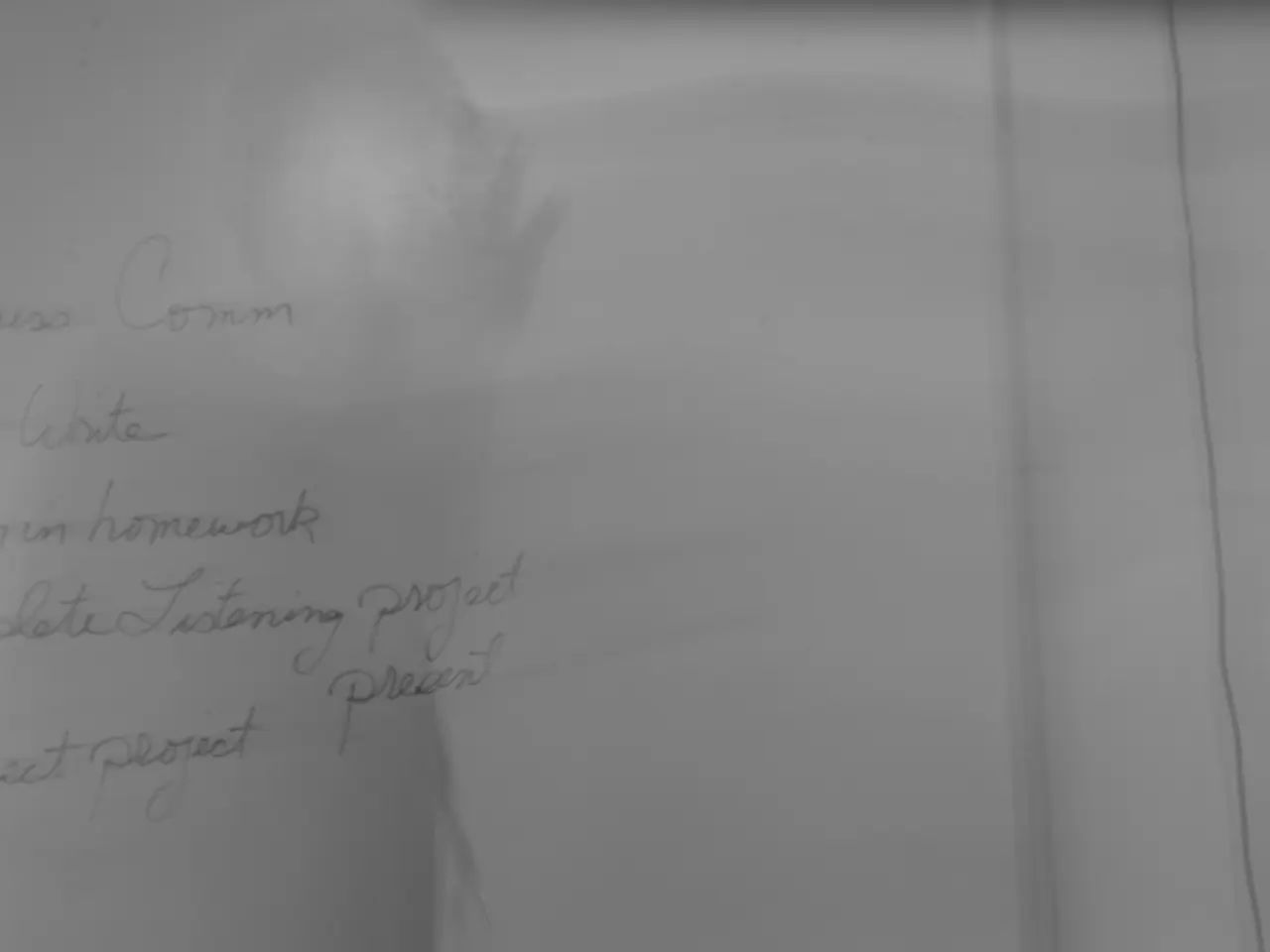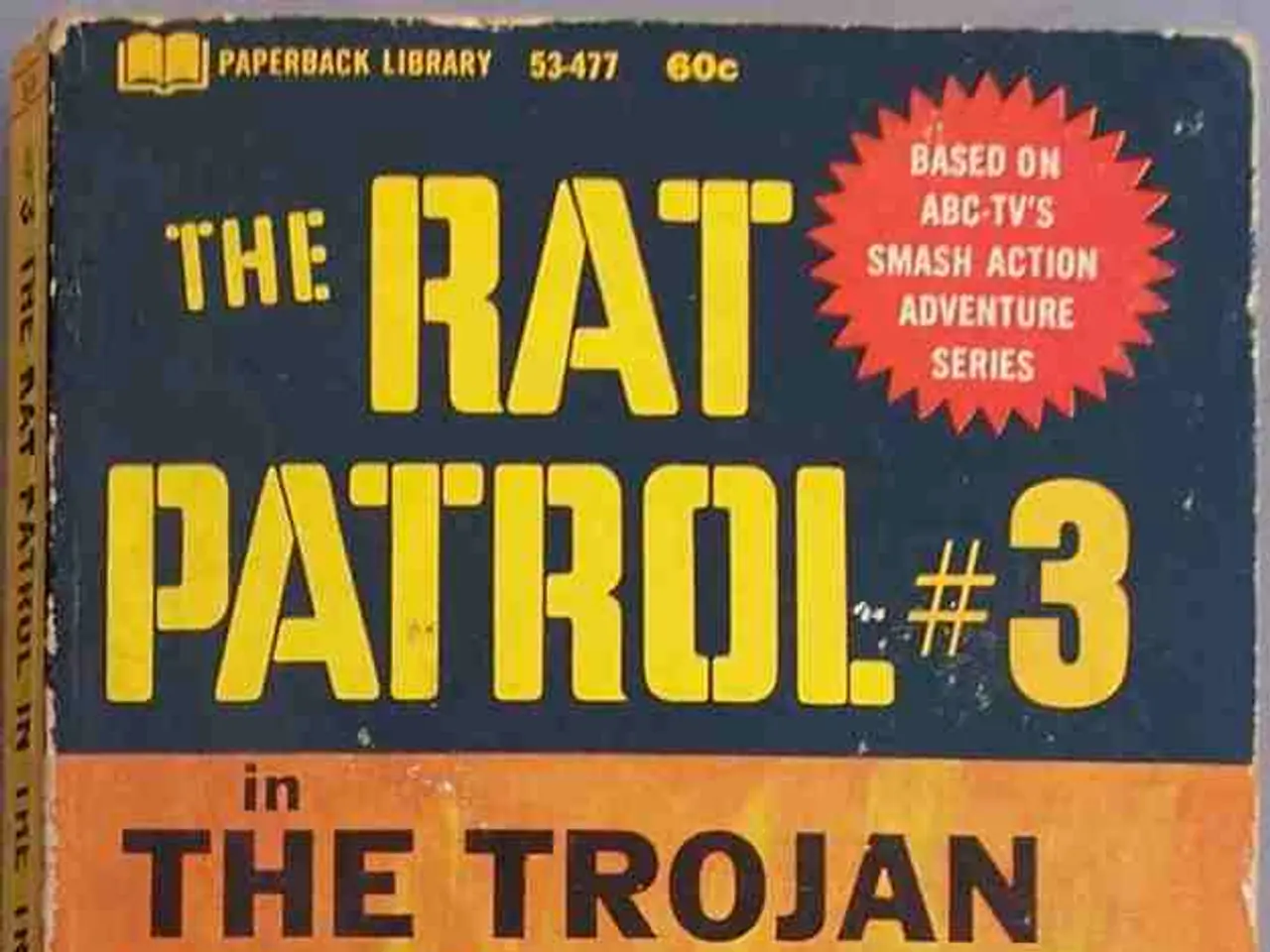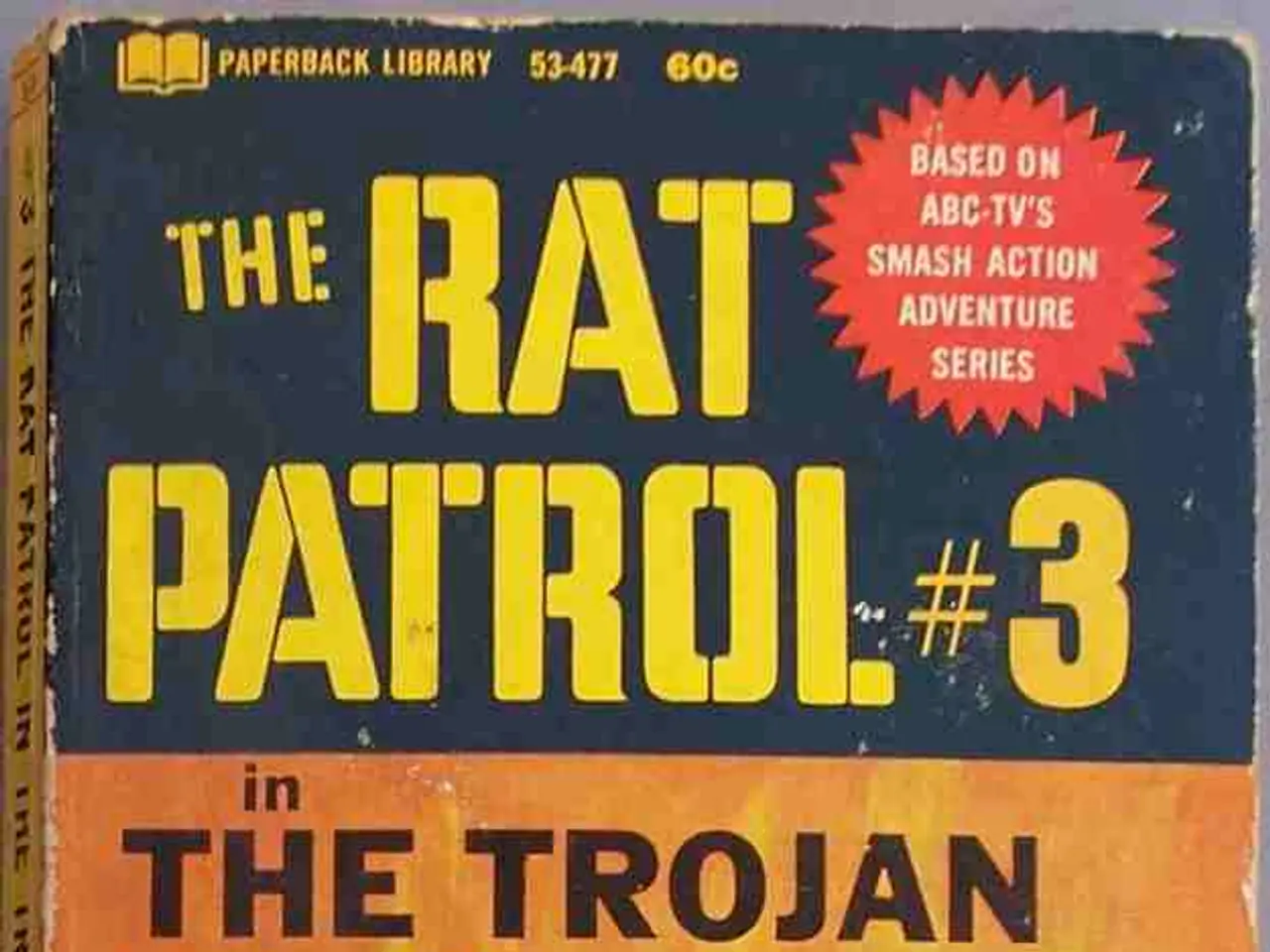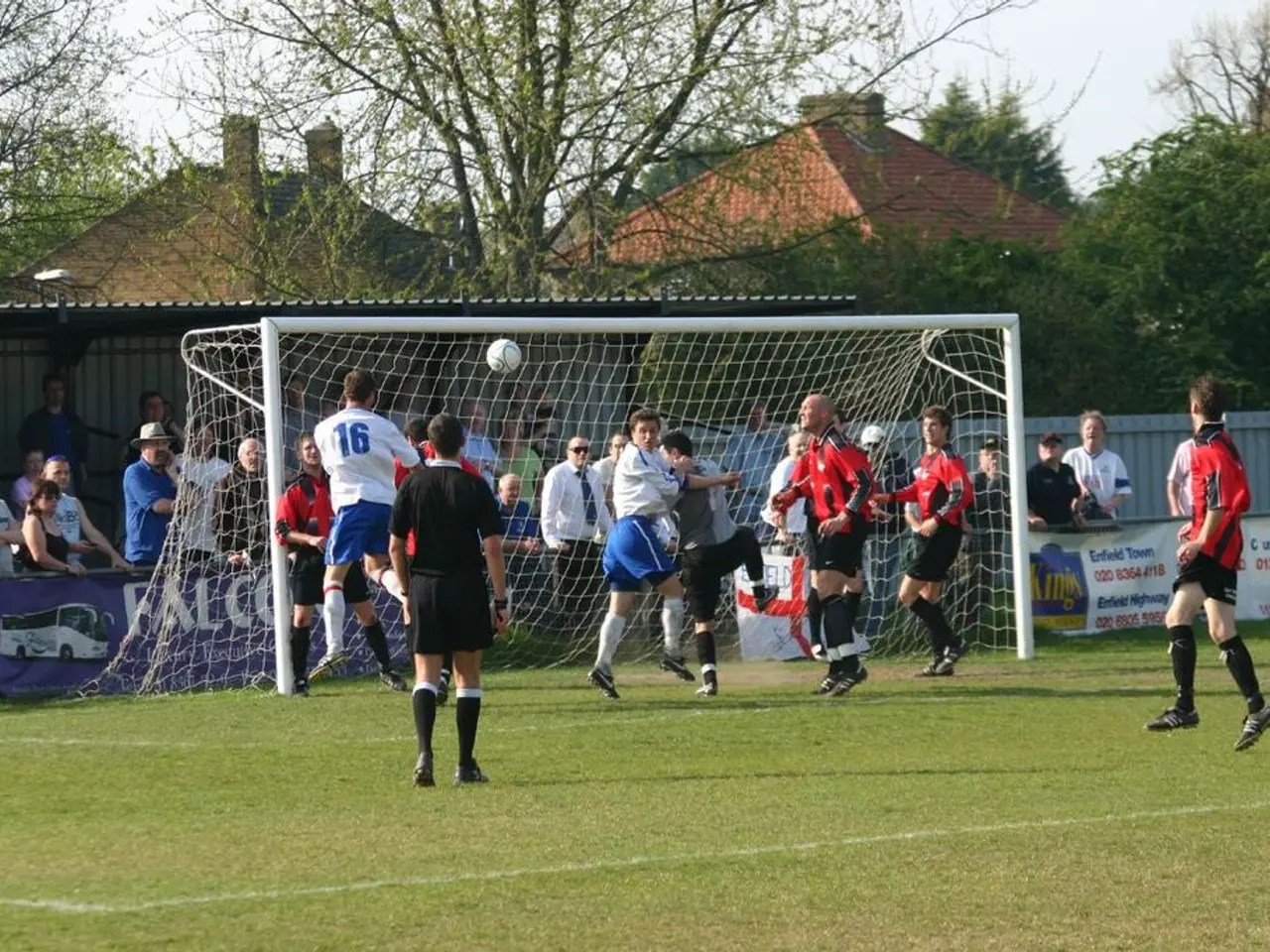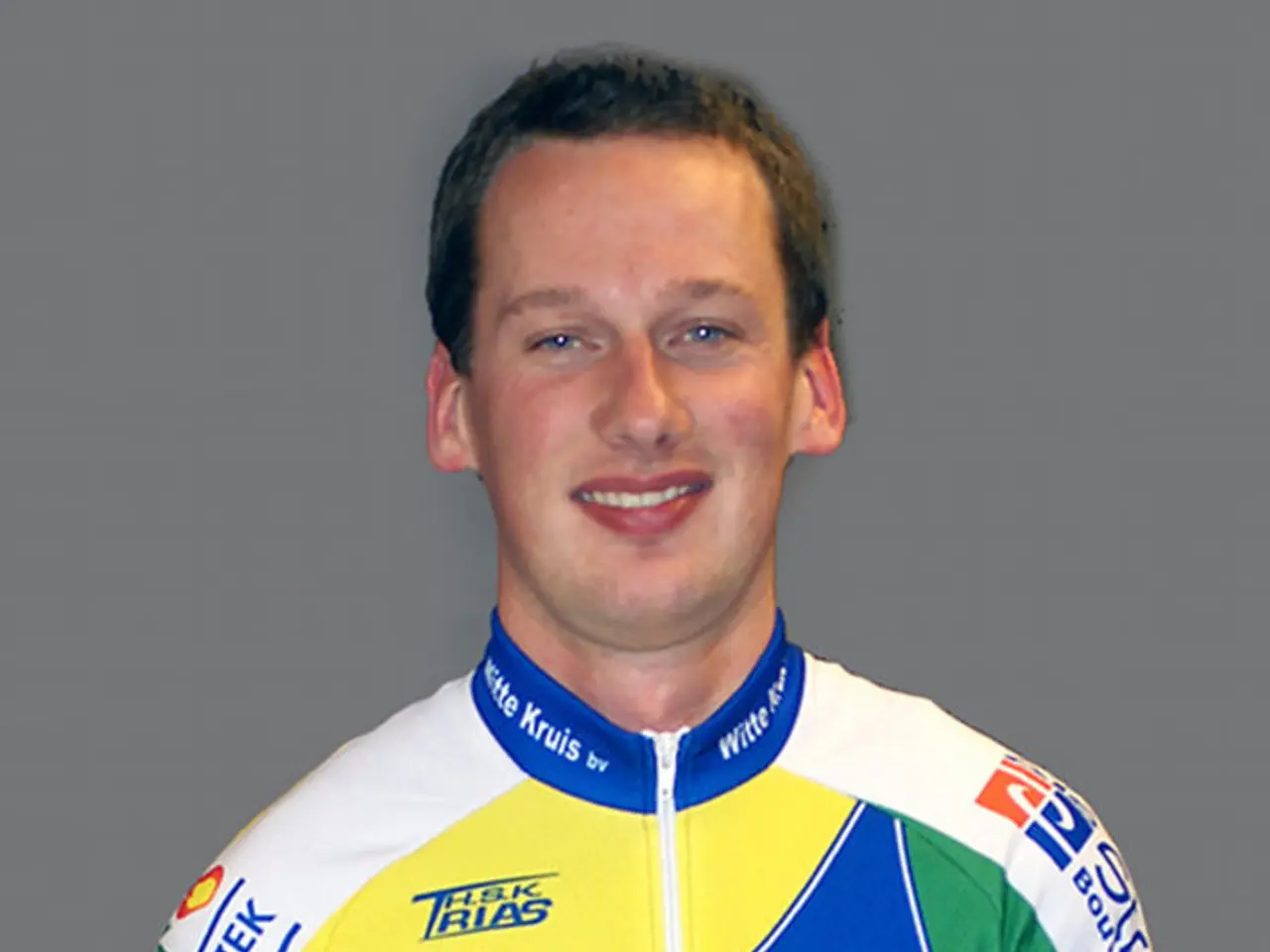Putin's Hour in St. Petersburg: The Arms Race and Economic Pushback
Discussing Arms, Russia's President Evades Discussion on Ukraine
Facebook · Twitter · Whatsapp · E-Mail · Print · Copy Link
In St. Petersburg, Russian President Vladimir Putin delivered a speech that steered clear of Ukraine, instead focusing on armaments and the economy. Preventing a recession emerges as Russia's top priority.
Bypassing the much-anticipated discussion on the Ukraine-Russia conflict, Putin voiced his ambition to enhance Russia's defense sector as a bulwark of its domestic economy during the St. Petersburg International Economic Forum. He stressed the importance of incorporating combat experience into the development of weapons. The war against Ukraine, although predicted to be a key theme, was conspicuously absent from his speech. During the Q&A session, however, Putin briefy touched upon the subject.
Putin emphasized the need for Russia to transcend the divide between civilian and purely defense-related companies. He declared, "We must analyze and quickly introduce technological and organizational innovations in the civilian sector into the defense and security sphere." Furthermore, Russia, alongside friendly nations, would collaborate on defense projects, manufacture weapons together, and train personnel, Putin announced.
Overall, Putin conveyed a positive outlook on Russia's economic development. The country's gross domestic product grew by more than four percent each of the past two years, a growth not solely attributed to defense production, he pointed out. Inflation has fallen to 9.6 percent. Despite the warning from Economy Minister Maxim Reshetnikov about a potential recession, Putin asserts, "A recession must be avoided at all costs."
Some Russian leaders seem to differ on the approach to boost the economy. Reshetnikov warned of an imminent recession, blaming high interest rates and the central bank for the financial hardships faced by many businesses.
The current interest rate stands at 20 percent; the central bank, led by Elvira Nabiullina, attempts to combat inflation. Consumer prices have been steadily increasing, reaching almost 10 percent in May. Nonetheless, experts argue that high interest rates may not be the most effective method against inflation given the high level of state spending. The objective behind restrictive monetary policy is to slow down the economy and decrease demand, but the state tends to react less sensitively to higher borrowing costs compared to the private sector.
- Ukraine
- Russia
- Vladimir Putin
- St. Petersburg
- Arms Race
- Economic Stability
- Ukraine-Russia Conflict
- Political Conflict
- Diplomatic Relations
- Economic Sanctions
- Government Policies
Additional Insights:
- Putin remains persistent in his stance against Ukraine, refusing to endorse any peace agreement with Ukrainian President Volodymyr Zelensky, viewing the Ukrainian government as illegitimate[1].
- Putin disavows Ukraine's statehood by claiming that "Russians and Ukrainians are one people," effectively disputing Ukraine’s sovereignty[2].
- There are ongoing discussions regarding expanding Russian military control into Ukrainian territories such as Sumy[2]. Russia demands stringent peace terms including total territorial concessions, restrictions on Ukraine's military capabilities, and political reforms to minimize Ukrainian national identity[3].
- Putin is steadfast in maintaining his military campaign, and his emphasis on defense industry advancement indicates ongoing prioritization of military capabilities as essential to Russia’s strategic posturing.
- Russia continues to promote a narrative of economic self-reliance and resilience amidst ongoing Western sanctions and conflict to support its military engagement and geopolitical objectives[3].
- The economic and monetary union of Russia and the European economic and monetary union might face strains due to the ongoing war-and-conflicts, particularly the Ukraine-Russia conflict, which could potentially lead to economic and monetary union-related politics and general news.
- As Russia prioritizes economic stability to prevent a recession, it is crucial for their community policy to address the differing views on economic boost strategies, such as the disagreement between Vladimir Putin and Economy Minister Maxim Reshetnikov on interest rates and inflation, which could impact the overall economic health and monetary union of the nation.
